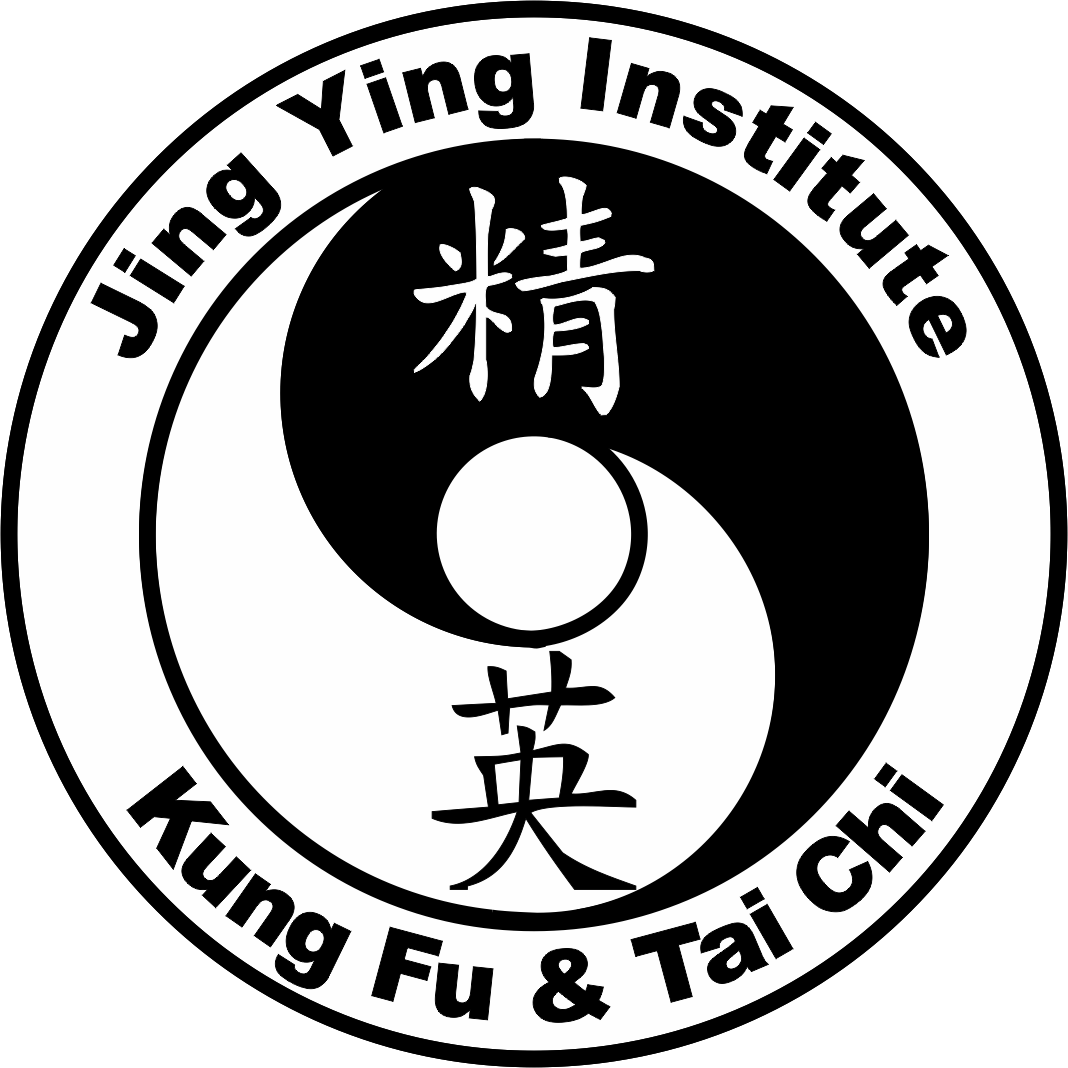See our Schedule for regular Tai Chi classes
Tai Chi Chuan (also written as TaiJi Quan, T'ai Chi Ch'uan, or Taijiquan) is an internal style of martial arts that teaches mental focus, while emphasizing coordination, balance, relaxation, and proper breathing. When practiced properly, Tai Chi can be an effective form of self-defense. At all levels, Tai Chi is said to regulate the central nervous system and helps prevent stress, high blood pressure, and heart problems.
We focus on Chen Style Tai Chi, the original style of Tai Chi that the rest of the 5 current major styles are based on (Yang, Wu, Sun and Wu Hao). Classes can include basic qigong exercises, silk reeling, forms, weapons and push hands.
Benefits of Tai Chi Practice:
Although Tai Chi appears to be slow moving and effortless, it actually provides many of the physical benefits of other types of exercise. You get the strength benefits of weight lifting, the flexibility improvement of yoga, the core strength improvement of Pilates, and it is even equivalent to moderate aerobics! Best of all, it is a low impact form of exercise easily adapted to any age or fitness level while providing many health benefits. The Harvard Medical Study indentified it as a top form of exercise for adults.
Arthritis - The slow, smooth movements are low impact and help improve flexibility and range of motion in the joints and also improves the strength of muscles surrounding the joints. Studies have shown that it can help alleviate joint pain in older patients with osteoarthritis. There is even evidence that the health of joints is improved as the flow of blood and nutrient fluids reaching muscles, tendons and cartilage is improved by the movements of Tai Chi and the repair of soft joint tissue may be stimulated.
Balance - Tai Chi practice improves body awareness and strengthens the muscles of the legs as well as the psoas and other abdominal muscles important for walking and maintaining good posture. Studies have shown remarkable decreases in falls experienced by the elderly who practice Tai Chi.
Bone Density - Tai Chi is a weight bearing exercise and studies have shown that it increase bone mineral density.
Cardio-respiratory function - While you may not think of Tai Chi as an aerobic activity, studies have shown that it does have aerobic benefits and produces benefits in oxygen uptake and endurance.
Diabetes - Regular practice of Tai Chi can help reduce your blood sugar levels.
Digestion - The sinuous, coiling movements of Tai Chi provide a kind of internal massage for many organs. This internal massage may be part of the reason for the positive effect Tai Chi has on the immune system.
High Blood pressure - Studies have shown that Tai Chi is similar to moderate intensity aerobic exercise in lowering blood pressure.
Stress - The mental focus required by Tai Chi, the regular, deep breathing, and the slow, flowing movements make it one of the best stress reliever available.
Self-Defense - while most people choose to practice Tai Chi for its health benefits, it is important to recognize its martial origins. The gentle flowing movements are derived from effective self-defense techniques. Every movement has applications for defense. Some people consider it to be the ultimate martial art. It can take years of patient study to develop effective fighting skills, but some movements and principles can be applied by beginners almost immediately .
Additional reading:
http://bit.ly/NIHFallStudy - Tai Chi Reduces falls in for Elderly, National Institute on Aging
http://www.mayoclinic.com/health/tai-chi/SA00087 - Mayo Clinic
http://bit.ly/NIHTaiChiandShingles - Tai Chi and Shingles, National Institute on Aging
http://www.johnshopkinshealthalerts.com/reports/healthy_living/376-1.html?CMP=OTC-RSS
- Johns Hopkins University
http://www.nytimes.com/2010/08/19/health/19taichi.html?_r=0 - Tai Chi
reported to ease fibromyalgia

